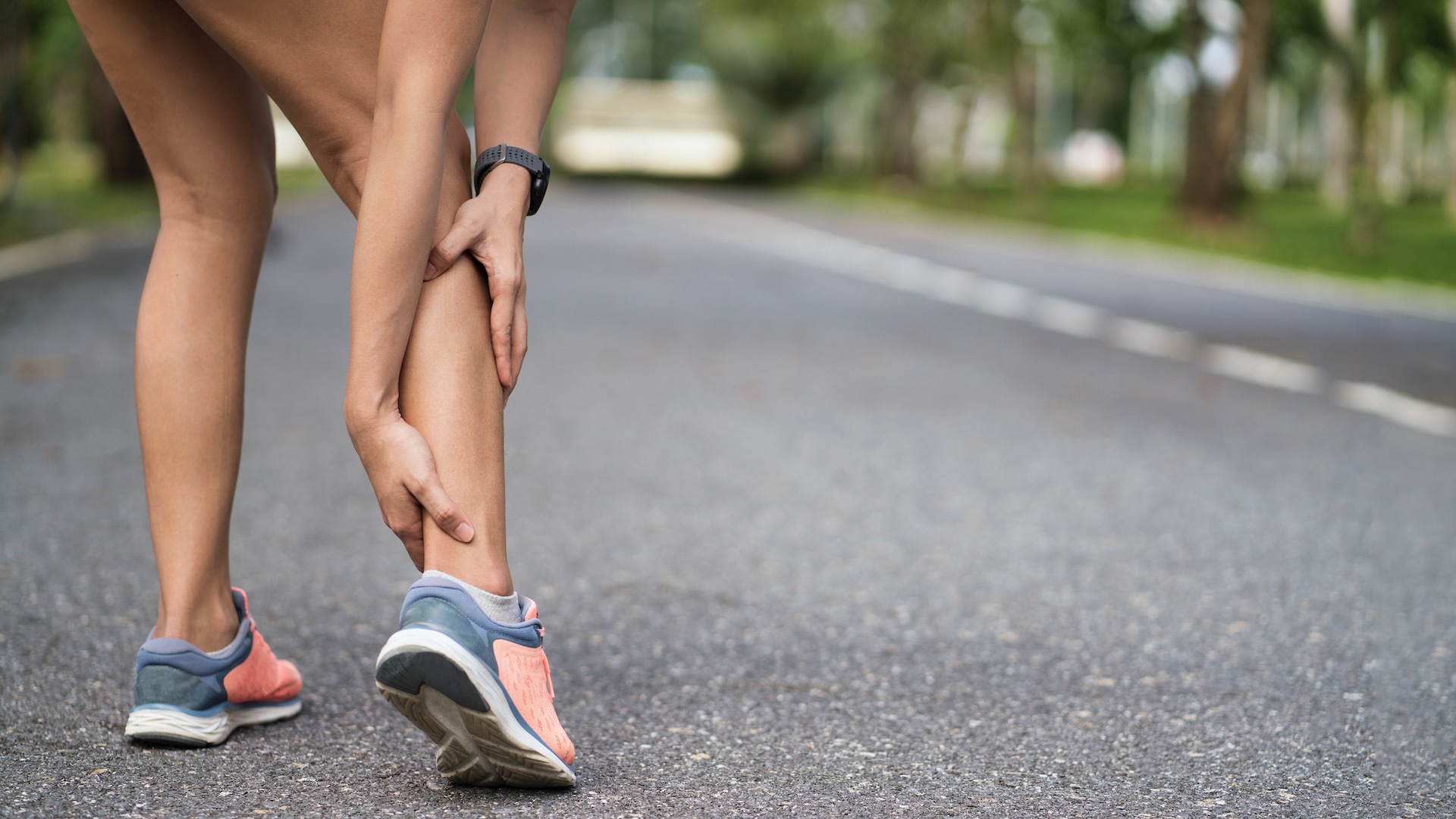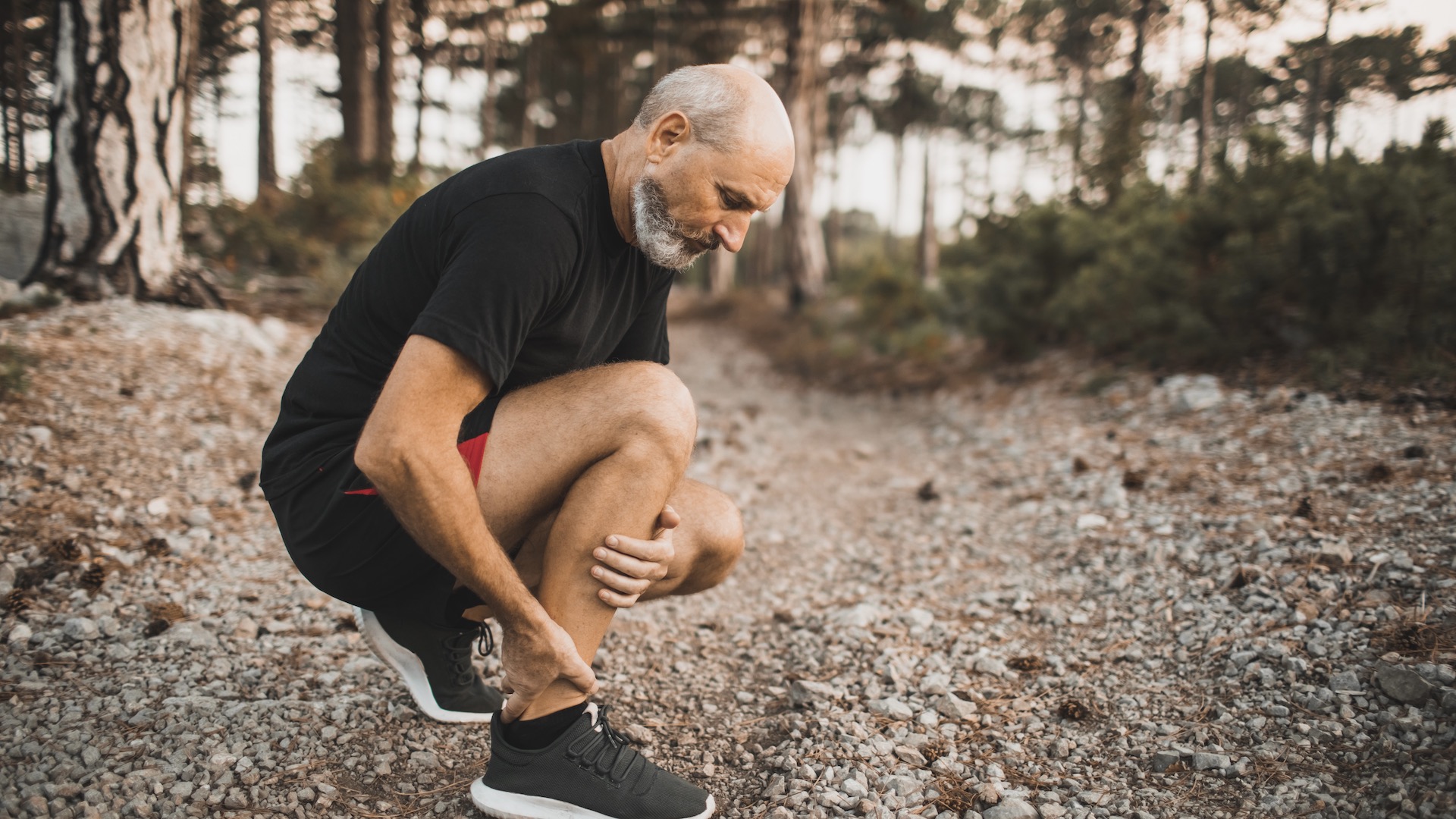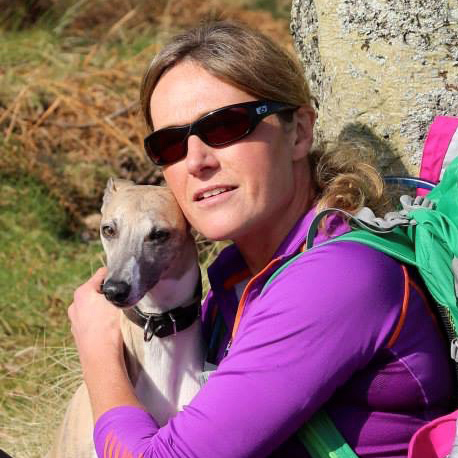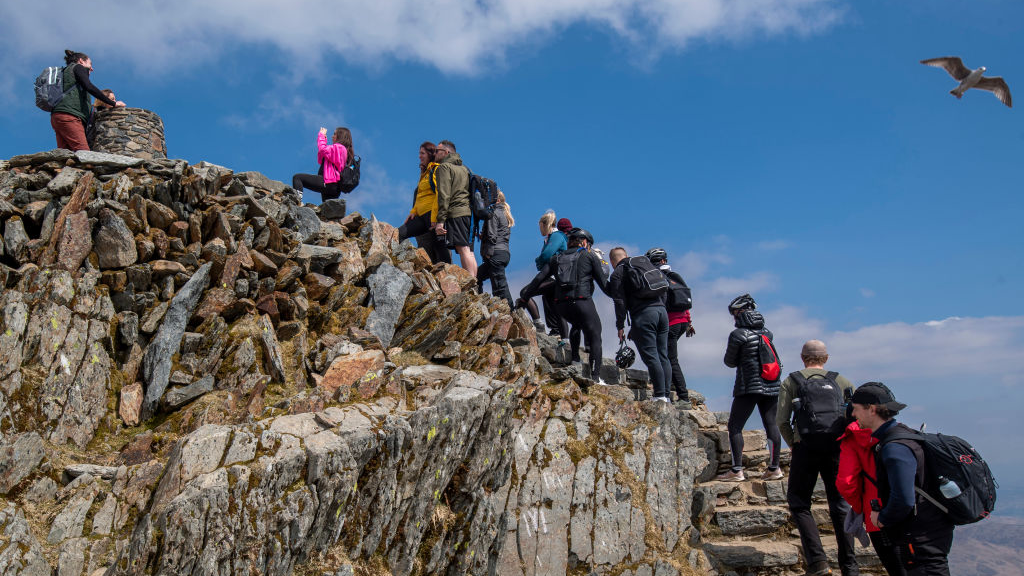Running with Achilles pain: a guide for road and trail runners
Strength coach expert offers tips for recovering from the frustratingly common running injury

Many runners, whether road or trail runners, suffer with Achilles pain at some point but do you know why this common runner’s injury occurs, what you should and shouldn't do and the best way to recover?
The term “Achilles heel” refers generally to an area of weakness or a vulnerable spot and originates in Greek mythology where the seemingly invulnerable warrior, Achilles, was said to have died from a poisoned arrow wounding his heel.
In turn, it’s suggested, this led to the large tendon at the back of our heel becoming known as the Achilles tendon.
Achilles pain is usually felt by runners in the Achilles tendon, which is connected to the heel of the foot.
What is the Achilles tendon?
Strength coach Jack McNamara explains the Achilles tendon. He says: “This is the largest tendon in our body, stretching from the bone of the heel up to the calf muscle.
“It’s easy to find and you can feel it for yourself at the back of your ankle, above the heel, like a springy cord. It enables plantar flexion, which is when you raise on to your tiptoes or point your toes to the floor.”

Runners: what is an Achilles tendon Injury?
An Achilles tendon injury usually presents as a burning pain at the back of your ankle, just above the heel. It could also feel stiff or creaky, especially first thing in the morning or after longer periods of inactivity.
Advnture Newsletter
All the latest inspiration, tips and guides to help you plan your next Advnture!
Jack, who is a tutor with TrainFitness, says: “The most common symptom of an Achilles tendon Injury is pain in that area when you stretch the ankle (dorsiflex) or load the ankle by standing up on your toes.
“The area may also swell and feel tender to the touch. This is more common with Achilles tendinitis, which is a type of injury where the tendon becomes irritated and inflamed.
“If the pain is severe, your Achilles tendon might be partially or fully torn. If this occurs, you may hear a popping or snapping noise when it happens and have difficulty – or be unable to – point your foot or push off from your toes when you walk.”
Why do Achilles injuries happen when running?
Achilles tendon injuries can happen to anyone, but they are most common when performing activities that require you to suddenly push off or jump, such as sprinting, football, basketball, tennis, gymnastics and volleyball.
Jack says: “The sudden demand for explosive movement can be too abrupt for the tendon to cope with and can lead to injury.”
When it comes to runners, Achilles tendon injuries also occur due to repetitive stress. When the tendon is asked to perform physically demanding or high impact movements repeatedly over time, such as long-distance running, you can suffer Achilles pain."
Other potential causes of Achilles tendon injury include:
- Starting a new type of exercise.
- Increasing the duration or intensity of exercise.
- Shoes that don’t fit properly or don’t provide the right type of support.
- High heels – the elevated position of the foot can stress the tendon.
- Flat feet (fallen arches) – the collapsed foot arch unduly stretches the muscles and tendons.
- Exercising on uneven surfaces.

Running tips: how to recover from Achilles pain and injury
If the Achilles injury isn’t severe it should heal on its own, although this is not something that usually happens quickly. Jack says: “An Achilles tendon injury can take months to recover and it usually isn’t as quick as a muscle or bone injury.
“You can still stay active during your recovery but you need to check with a doctor or sports medical expert on how to best proceed.
“You should avoid trying to return to your regular workouts and volume of activity until you can move both legs equally as freely, there’s no noticeable weakness, and you don’t have any pain when you walk, run or jump.”
Can you run with Achilles pain?
It is sometimes possible to keep running is you have Achilles tendon pain and niggles but the chances are you’ll need to do a lot less while it tries to recover. In many cases, runners are advised to do another activity for best recovery.
Jack advises: “If you do too much too soon with an Achilles injury the tendon could get injured again and become a long-term and chronic problem.
"Until you feel confident that the Achilles has recovered properly and can exercise pain free, you may want to consider swapping high impact exercise, like running, with lower impact alternatives like cycling that while still engaging the tendon, won’t put the same level of stress on it.”
Other forms of recovery include running in water, reducing the amount of sprinting and uphill running that you do and avoiding sudden movements when running. The aim is to limit the stress on the tendon.
Also make sure you have good quality and supportive footwear – check out our guide to the best trail running shoes you can buy.
A sports physiotherapist may help you to recover and avoid future Achilles tendon injuries by offer a programme of rehabilitation and preventative strength and conditioning exercises.
How to avoid Achilles pain and injury
While Achilles injury can seemingly come out of nowhere the chances are it is caused by not warming up before running or due to a sudden movement that causes the Achilles tendon to be stressed.
Running at speed or uphill without building up carefully can also lead to Achilles injuries.
Weak muscles around the lower leg and foot, or poorly supporting footwear, may also lead to Achilles issues.
A good way to prevent running with Achilles pain is to be careful about your running regime in the first place. Always include a warm up, such as walking or easy jogging and gentle dynamic exercises before you head off for a run.
Try to ensure you include strength and conditioning as part of your week or exercise, too.
Also have your footwear fitted by an expert so that you can be sure you have the right support for your running gait.

Fiona Russell is a widely published adventure journalist and blogger, better known as Fiona Outdoors. She is based in Scotland and is an all-round outdoors enthusiast with favorite activities including trail running, mountain walking, mountain biking, road cycling, triathlon and skiing (both downhill and backcountry). Aside from her own adventures, Fiona's biggest aim is to inspire others to enjoy getting outside and exploring, especially through her writing. She is also rarely seen without a running skort! Find out more at Fiona Outdoors.
